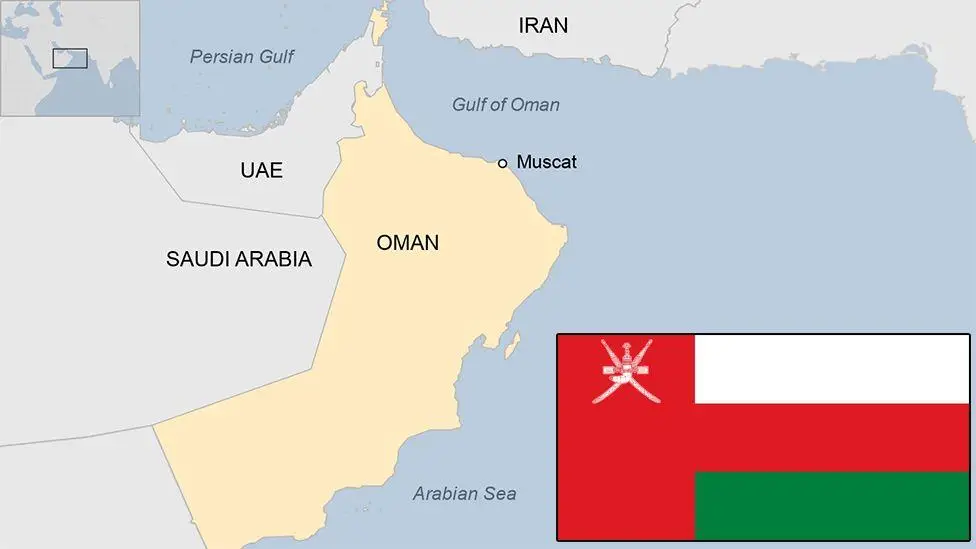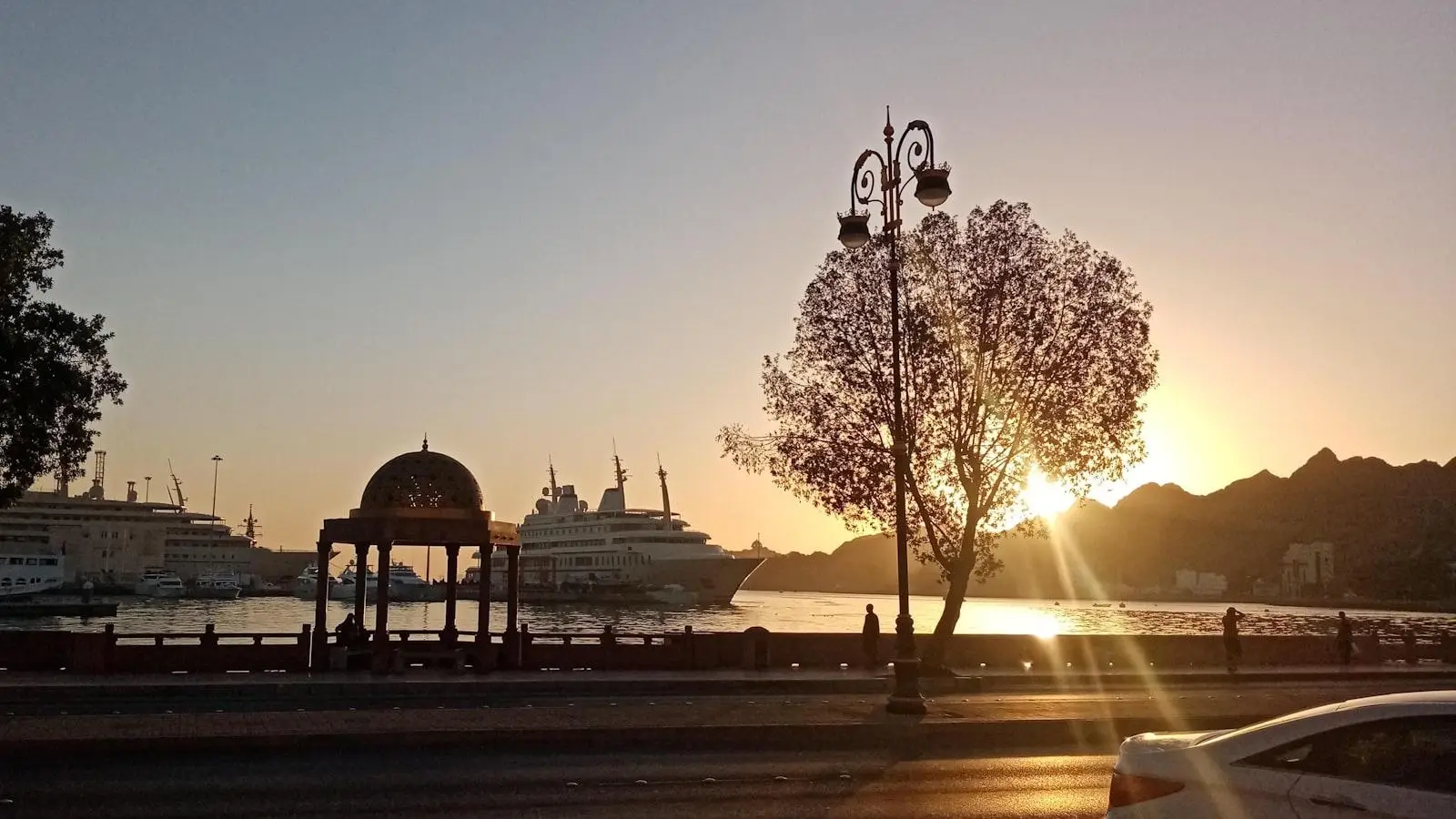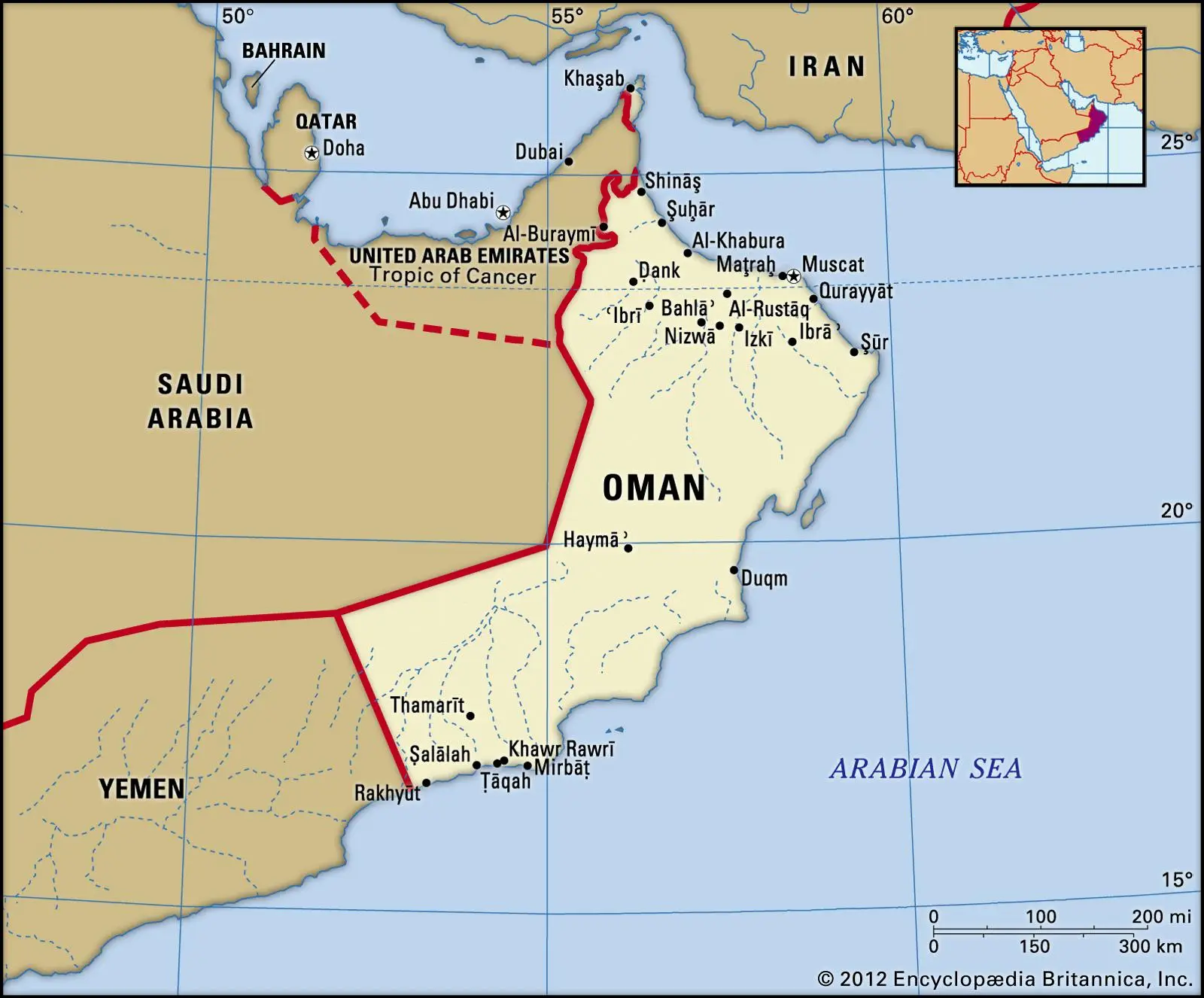Deep in the heart of the Arabian Peninsula lies a country that boasts a rich tapestry of culture and tradition. Oman, with its stunning landscapes and vibrant history, offers a unique lifestyle that reflects the essence of its people. From ancient forts to bustling souqs, Oman’s way of life is a blend of tradition and modernity. Let’s delve into the captivating world of Omani lifestyle and uncover the hidden treasures that make this country truly special.
Exploring the Traditional Cuisine of Oman

Oman’s traditional cuisine is a reflection of its rich history and diverse cultural influences. From aromatic spices to fresh seafood, Omani dishes offer a unique culinary experience that is sure to delight any food enthusiast.
One of the most iconic dishes in Omani cuisine is “Shuwa,” a slow-cooked meat dish that is traditionally prepared in an underground oven. This tender and flavorful meat is usually served during special occasions and celebrations, making it a symbol of Omani hospitality and tradition.
Seafood plays a prominent role in Omani cuisine, thanks to the country’s extensive coastline. Local favorites include grilled fish marinated in a blend of spices and herbs, as well as shrimp and lobster dishes that highlight the fresh flavors of the sea.
For those with a sweet tooth, Omani desserts are a must-try. From rosewater-infused puddings to date-filled pastries, these sweet treats offer a perfect balance of flavors and textures that will satisfy any dessert lover’s cravings.
Cultural Significance of Omani Clothing

Omani clothing holds a deep cultural significance, reflecting the rich history and traditions of the country. The attire worn by both men and women not only serves a practical purpose but also carries symbolic meanings that are passed down through generations.
<p>Traditional Omani clothing is made with high-quality fabrics and intricate embroidery, showcasing the craftsmanship and artistry of the local artisans. Each garment is carefully tailored to fit the individual's body, emphasizing the importance of modesty and elegance in Omani culture.</p>
<p>For men, the <strong>dishdasha</strong> is a long robe typically worn with a <strong>kumma</strong> (cap) and <strong>masar</strong> (turban), while women wear the <strong>abaya</strong> paired with a <strong>shayla</strong> (headscarf). These traditional garments not only represent the cultural identity of Oman but also highlight the values of respect, dignity, and tradition.</p>
<p>The intricate designs and vibrant colors of Omani clothing are often influenced by the region's landscapes, climate, and religious beliefs. Each garment tells a unique story, reflecting the wearer's social status, clan affiliation, and personal preferences.</p>
<p>Overall, Omani clothing plays a vital role in preserving the cultural heritage of the country and serves as a visual representation of Omani identity and pride.</p>
Community Values and Social Etiquette in Oman

Oman is known for its rich culture and strong community values. Social etiquette plays a significant role in everyday life, shaping interactions and relationships among individuals. Understanding and respecting these values is essential for anyone living or visiting Oman.
Respect for Elders: In Omani society, respect for elders is highly valued. It is customary to greet older individuals first in a social setting and show deference through gestures such as standing up when they enter a room.
Dress Code: Dressing modestly is a sign of respect in Oman. Both men and women are expected to cover their shoulders and wear clothing that falls below the knee. Traditional Omani attire, such as the dishdasha for men and abaya for women, is commonly worn in public.
Hospitality: Hospitality is a cornerstone of Omani culture. It is common for Omani families to welcome guests into their homes with open arms, offering refreshments and engaging in lively conversation. When visiting someone’s home, it is polite to bring a small gift as a token of appreciation.
| Community Values | Social Etiquette |
|---|---|
| Respect for elders | Greet older individuals first |
| Hospitality | Welcome guests with open arms |
By adhering to these community values and social etiquette, individuals can foster harmonious relationships and gain a deeper appreciation for the culture and traditions of Oman.
Preserving Omani Crafts and Traditions

Oman’s rich cultural heritage is reflected in its traditional crafts and practices that have been passed down through generations. From intricate silver jewelry to beautifully woven textiles, these crafts are not just products, but a way of life for many Omanis. Preserving these crafts and traditions is essential in order to keep the country’s unique identity alive.
One of the most iconic Omani crafts is silverwork, which has been practiced for centuries. Skilled artisans craft stunning pieces of jewelry such as necklaces, bracelets, and earrings, using traditional techniques and designs. These pieces not only serve as adornments but also hold cultural significance, with each design telling a story or representing a specific aspect of Omani heritage.
Another important tradition in Oman is textile weaving, particularly the production of intricately patterned rugs and carpets. Women in rural communities often spend hours weaving these textiles using techniques that have been passed down from mothers to daughters for generations. Each rug tells a story of Omani life and culture, with patterns inspired by nature, architecture, and folklore.
By supporting local artisans and craftsmen, we can help preserve these invaluable traditions and ensure that they continue to thrive for future generations. Whether through purchasing handcrafted items or learning more about the history and techniques behind Omani crafts, we can all play a part in keeping the country’s cultural heritage alive.
Health and Wellness Practices in Omani Lifestyle

Living a healthy lifestyle is an essential part of Omani culture, with a strong emphasis on maintaining both physical and mental well-being. There are various health and wellness practices that are deeply rooted in the Omani way of life, promoting overall wellness and longevity.
<p>One of the key practices in Omani lifestyle is the consumption of traditional Omani foods that are rich in nutrients and beneficial for health. Omani cuisine often includes fresh fruits, vegetables, whole grains, and lean proteins like fish and chicken. These ingredients are known for their health benefits, such as improving digestion, boosting the immune system, and providing essential vitamins and minerals.</p>
<p>Regular physical activity is also a common practice among Omanis, with many engaging in activities like walking, swimming, and hiking. Exercise is viewed as a way to stay fit and active, improve cardiovascular health, and reduce the risk of chronic diseases. Additionally, Omani culture promotes a strong sense of community, with group activities like traditional dance and sports playing a significant role in maintaining physical fitness.</p>
<p>Mental health is equally important in the Omani lifestyle, with practices like meditation, prayer, and relaxation techniques being valued for their ability to reduce stress and promote emotional well-being. Omani traditions also emphasize the importance of family and social connections in maintaining mental health, with strong support systems and social networks playing a crucial role in overall wellness.</p>
<p>Overall, the reflect a holistic approach to well-being, encompassing both physical and mental health. By embracing these traditional practices and incorporating them into daily life, Omanis are able to lead fulfilling and balanced lives, promoting long-term health and happiness.</p>
Q&A
Q: What makes Oman’s lifestyle unique compared to other countries in the region?
A: Oman’s lifestyle is characterized by its blend of traditional values and modern influences, creating a harmonious and peaceful coexistence.
Q: How do Omanis typically spend their leisure time?
A: Omanis enjoy spending time with family and friends, engaging in outdoor activities such as picnics, fishing, and exploring the country’s beautiful landscapes.
Q: What role does religion play in the daily life of Omanis?
A: Religion plays a significant role in the daily life of Omanis, with Islam shaping their values, behaviors, and interactions with others.
Q: How do Omanis maintain a healthy work-life balance?
A: Omanis prioritize their personal well-being by taking time off work to relax and rejuvenate, ensuring a healthy balance between their professional and personal lives.
Q: What traditional practices or customs are still observed in Omani society?
A: Omani society holds on to its rich cultural heritage by preserving traditional customs such as hospitality, traditional dress, and celebrating religious festivals.
Q: How has modernization impacted Oman’s lifestyle?
A: Modernization has brought advancements in technology, infrastructure, and education to Oman, enhancing its quality of life while also preserving its cultural identity and traditions.
Q: What are some common misconceptions about Omani lifestyle?
A: Some misconceptions about Omani lifestyle include assumptions about conservative attitudes towards women and lack of modern amenities, which do not accurately reflect the diversity and progressiveness of Omani society.
In Conclusion
In conclusion, the lifestyle in Oman offers a unique blend of tradition and modernity, creating a rich tapestry of culture and heritage. From the bustling souks to the serene desert landscapes, Oman is a country that truly captivates the heart and soul of all who visit. Whether you’re exploring ancient forts, savoring the flavors of Omani cuisine, or simply enjoying the hospitality of the locals, Oman is a destination that promises an unforgettable experience. So come, immerse yourself in the beauty of Oman and discover a way of life that is both inspiring and enchanting. Experience the magic of Oman for yourself and let its wonders leave a lasting impression on your heart.



